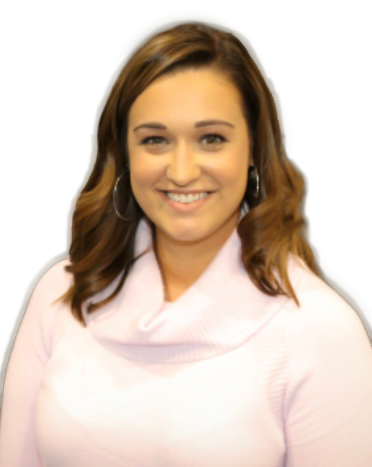O.R. analyst ranks among top paying jobs for women
Operations research analyst ranks at number 10 on a list of the 17 the highest paying jobs for women.
Operations research analyst ranks at number 10 on a list of the 17 the highest paying jobs for women.
You may not realize it, but a shocking amount of science and technology is behind every can of soup. INFORMS member Joseph Byrum, senior R&D and strategic marketing executive with Syngenta explores the extensive research that goes into plant genetics and breeding to canning to create a 'simple' can of tomato soup.
INFORMS member Jennifer Pazour, assistant professor of industrial and systems engineering at Rensselaer Polytechnic Institute has been named a recipient of a 2016 Gulf Research Program Early-Career Research Fellowship, a program that funds activities to enhance oil system safety and the protection of human health and the environment in the Gulf of Mexico and U.S.
From sports teams to political candidates, when your side loses it can be painful. An upcoming study in the INFORMS journal Management Science finds that this pain can be lessened if you bet against your team or candidate, though feelings of disloyalty may prevent many from doing so.
A new editorial by Arnie Greenland, PhD, CAP, Professor of the Practice at the Robert H. Smith School of Business at the University of Maryland, College Park, explores the foundation for the creation of the CAP certification program, it's growing recognition among employers, and provides a sneak peek at what to expect when taking the exam.

Ashley Smith
Public Affairs Coordinator
INFORMS
Catonsville, MD
[email protected]
443-757-3578
An audio journey of how data and analytics save lives, save money and solve problems.


Can we really trust AI to make better decisions than humans? A new study says … not always. Researchers have discovered that OpenAI’s ChatGPT, one of the most advanced and popular AI models, makes the same kinds of decision-making mistakes as humans in some situations—showing biases like overconfidence of hot-hand (gambler’s) fallacy—yet acting inhuman in others (e.g., not suffering from base-rate neglect or sunk cost fallacies).

The genetic testing company 23andMe, which holds the genetic data of 15 million people, declared bankruptcy on Sunday night after years of financial struggles. This means that all of the extremely personal user data could be up for sale—and that vast trove of genetic data could draw interest from AI companies looking to train their data sets, experts say.

Robert F. Kennedy Jr., as the new secretary of Health and Human Services, is the nation’s de facto healthcare czar. He will have influence over numerous highly visible agencies, including the Centers for Disease Control and Prevention, the National Institutes of Health and the Food and Drug Administration, among others. Given that healthcare is something that touches everyone’s life, his footprint of influence will be expansive.

Health insurance has become necessary, with large and unpredictable health care costs always looming before each of us. Unfortunately, the majority of people have experienced problems when using their health insurance to pay for their medical care. Health insurance serves as the buffer between patients and the medical care system, using population pooling to mitigate the risk exposure on any one individual.

From Tesla to SpaceX to xAI, Elon Musk’s sprawling global business empire will be slammed by Trump’s tariffs regime. Here’s how.

A bipartisan push in Congress would return the power to impose tariffs to the legislature.

Billionaire investor Mark Cuban's question to Representative Matt Gaetz, a Florida Republican, on energy costs took off on social media on Saturday.

Florida lawmakers have banned wind turbines off its shores and near the coast, saying the bill is meant to protect wildlife and prevent noise.